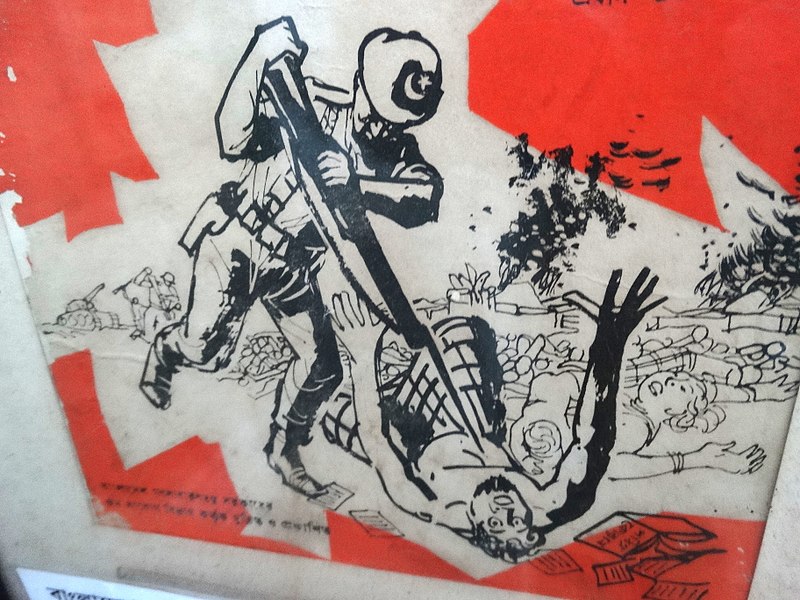On October 15, a couple of United States members of Congress placed a proposed resolution in the House of Representatives urging US president Joe Biden to consider recognising the atrocities committed by the Armed Forces of Pakistan in the Bangladesh Liberation War of 1971. US Congressman Steve Chabot (Republican), in association with Congressman of Indian origin Ro Khanna (Democrat), as crimes against humanity, war crimes and genocide.
The resolution is eight pages long and is titled – ‘Recognising the Bangladesh Genocide of 1971’ and primarily focuses on the active role played by the Pakistan army along with all its functioning ancillary units in the active involvement of mass rape and genocide committed in 1971.
‘Proud to join Rep Steve Chabot in introducing the first resolution commemorating the 1971 Bengali Genocide in which millions of ethnic Bengalis and Hindus were killed or displaced in one of the most forgotten genocides of our time,’ Ro Khanna, a US congressman of Indian origin, twitted following the submission of the resolution on October 15.
“We must not let the years erase the memory of the millions who were massacred. Recognising the genocide strengthens the historical record, educates our fellow Americans, and lets would-be perpetrators know such crimes will not be tolerated or forgotten,” Chabot, a Republican Party member, said in a tweet.
The West Pakistani establishment, including the deep state at its core, was fiercely against the opinion of Sheikh Mujibur Rahman (Awami League President), the supreme leader of Pakistan who won an absolute democratic majority mandate in the 1970 general elections. They formulated a heinous plan, a conspiracy to crush the Bengali unity and ensure their hopes and liberation were forgotten forever. The army and its collaborators launched a military crackdown codenamed Operation Searchlight on March 26 1971.
Hundreds of thousands of innocent civilians, men, women and children were mercilessly murdered and ravaged throughout East Pakistan. It is estimated that almost as high as 10 million refugees fled across the borders into neighbouring India to seek refuge from the reign of terror in East Pakistan from March 26 up to December 16 1971. Under the joint synergistic forces of the Mukti Bahini (Bengali Liberation forces) and Indian Armed Forces, the West Pakistani military establishment capitulated.
This resolution opens up the forgotten floodgates for perhaps the most horrific crimes against humanity committed in 1971. Global benchmark institutions like the British Houses of Parliament, United Nations Geneva and European Union parliament Brussels take cognisance and act accordingly.
The United States had a diametrically opposite political stance in 1971 when its administration was in active support of General Yahya Khan, the West Pakistani dictator; however, it seems fifty years, there has finally been an awakening. The resolution specifically draws attention to the nine-month-long war of Independence in Bangladesh from March to December 1971. It recalls the horror inflicted during those months of carnage and mass rape and offers sympathy to the victims.
American diplomat Archer Blood’s – The Blood Telegram is perhaps, till date, the most accurate chronological recording of what followed on that barbaric night and the time has come to hold the perpetrators to justice fifty years on finally.
US President Jo Biden has also recently mentioned Pakistan as one of the most dangerous places in the world at a private Democratic party fundraiser event in California whilst referring to US foreign policy. Time will only reveal the logical conclusion to the resolution tabled and if the US administration is determined to go as far as imposing a sanction on Pakistan. For the moment, it is the best step taken in the Dhaka direction.
Image courtesy: Wikimedia
